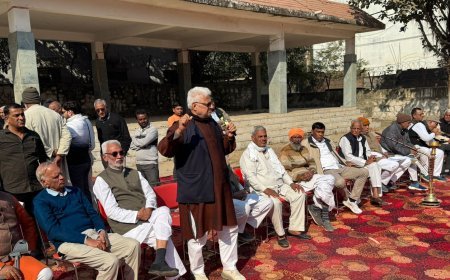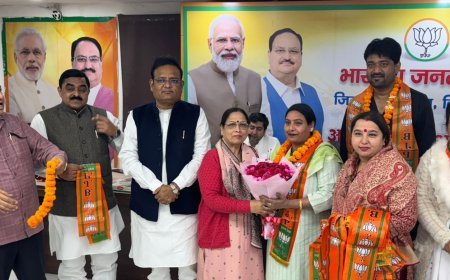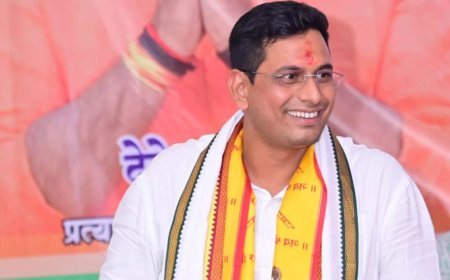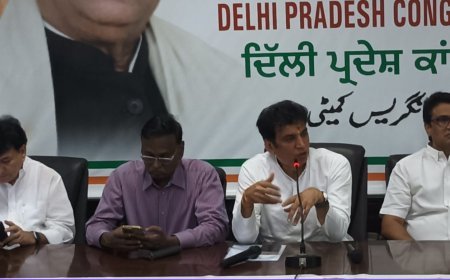Electoral Bonds Scheme And Related Amendments Deemed Unconstitutional By Supreme Court, Mandates Disclosure Of Transaction Details
The court's directive to halt the scheme and disclose transaction details aims to restore transparency and accountability.
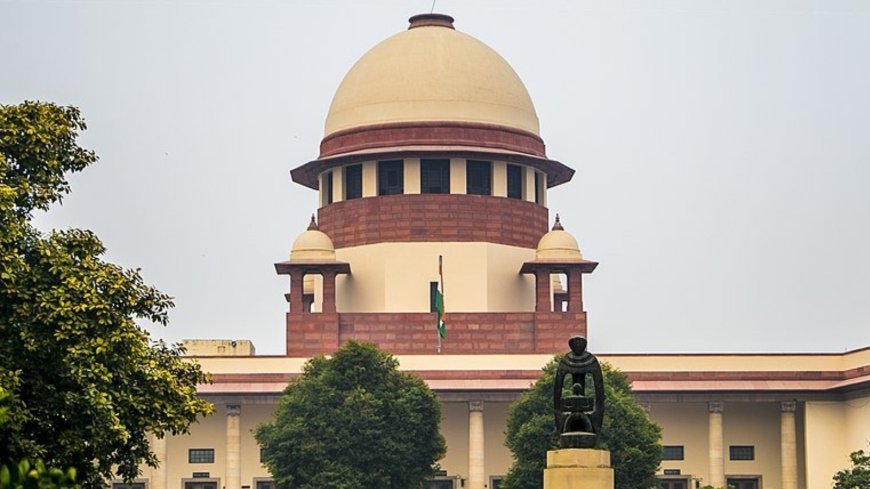
The Supreme Court dealt a decisive blow to the electoral bonds scheme, ordering the publication of transaction details and labeling the scheme unconstitutional. The apex court's constitution bench, led by Chief Justice D.Y. Chandrachud, unanimously declared that amendments facilitating the scheme violated citizens’ right to information.
Under the scheme introduced in the 2017 Union budget, citizens and local companies could purchase electoral bonds to donate to political parties anonymously. However, critics argued that this secrecy undermined transparency in campaign finance. The court's directive to halt the scheme and disclose transaction details aims to restore transparency and accountability.
The court mandated the State Bank of India (SBI), the scheme's sole issuer, to cease its operations immediately. Furthermore, the SBI must furnish details of bond buyers, purchase dates, and donation amounts to the Election Commission (EC) by March 6. Subsequently, the EC is tasked with publishing this information on its website by March 13.
The judgement holds significant implications for campaign finance, especially with general elections looming. It is expected to foster greater trust in the democratic process and uphold transparency standards. Former chief election commissioner S.Y. Quraishi hailed the decision as historic, expressing confidence in its positive impact on democracy.
According to the Association for Democratic Reforms (ADR), electoral bonds generated ₹16,518.11 crore between March 2018 and January 2024. Opposition parties, including the Congress and Aam Aadmi Party, lauded the ruling, emphasizing its role in ensuring transparency in election funding. Conversely, the ruling Bharatiya Janata Party (BJP), the scheme's primary beneficiary, downplayed the verdict, asserting respect for the judiciary's decision.
The constitution bench, comprising five judges, including Chief Justice Chandrachud, underscored the scheme's flaws and the importance of transparency in political funding. Justice Sanjiv Khanna provided a separate opinion but aligned with the bench's conclusion.
In addition to discontinuing the scheme, the court ordered political parties to return unencashed electoral bonds within the validity period. Refunds will be issued to purchasers' accounts by the issuing bank, with all relevant details to be published by the EC on its website by March 31.
The judgement underscores the need for transparency in political finance and identifies alternative measures to address concerns regarding black money in politics. Chief Justice Chandrachud emphasized the scheme's infringement on voters' right to information, deeming it violative of Article 19(1)(a) of the Constitution.
In conclusion, the Supreme Court's decision to strike down the electoral bonds scheme marks a significant step towards enhancing transparency and accountability in Indian democracy.































